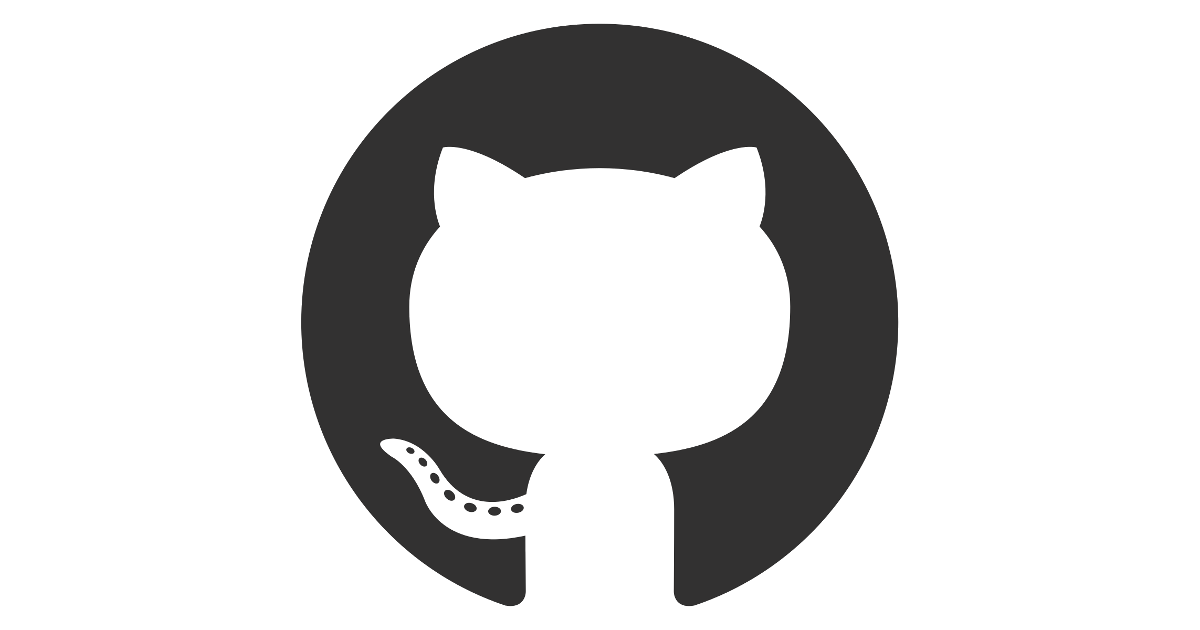Wow…
Q. Will Audacity remain open source?
A. Yes. Audacity was, is, and always will be 100% open source and free in every sense.
The CLA also allows us to use the code in other products that may not be open source, which we intend to do at some point to support the continued development of Audacity. We can already do this with the code we write ourselves, but the CLA allows us to do it with our contributors’ code too. This is necessary because community code and internal code often get mixed in ways that are difficult to separate later on.
So, it’ll remain open source, but any code you contribute out of the goodness of your heart, we can take and do with it as we may… wtf…
Yeah, it’s a sneaky way to turn it into proprietary software. On the question “How do you respond to those who believe that a CLA is against the spirit of the GPL?” they don’t answer, they just hedge around the topic. I don’t like what I read in that FAQ.
Yep, don’t contribute to a corporate open-source project with a CLA, unless you’re into doing free labour for other people’s financial gain.
So, it’ll remain open source, but any code you contribute out of the goodness of your heart, we can take and do with it as we may… wtf…
To be fair, this is kind of true of many open source licenses. GPL is the only one I can think of that disallows this…
And yet this is a GPL licensed product that they’re working around that.
What if community contributions were released as a series of patches not integrated directly?
A package maintainer could download audacity source, then the community patches and make a release with them for your distribution.
Not sure I’m understanding the question here. Yes… they could do that, but will they? You could also do that yourself by pulling the code and cherry picking patches you want and don’t want.
The idea is not just a fork, but a community project consiting in a series of patches.
Perhaps this is a relevant article: The Developer Certificate of Origin is a great alternative to a CLA
It is an alternative to consider but not necessarily sufficient.
Note I am not a lawyer but this is my understanding from trying to read the GPL.
I think this is one of the drawbacks of the GPL. I think the idea of copyleft is good in general but GPL is copyleft at the license “name” level, not at the rights level.
What this means is imagine that I made my own version of the GPL, let’s call it KPL. KPL is basically equivalent to KPL except for name and some trivial tweaks. Now I release a library under KPL. This causes a huge problem. Because if your code wants to use KPL and a GPL library you are stuck. Both libraries require you to release your code under their own license.
The option here is dual-licensing. You release your code under KPL and GPL. But in order to add a new license to your project you need to get permission from all the contributors. The same issue occurs for GPLv3 and a possible GPLv4 (heaven forbid). See this table for details.
What I am trying to say is that it is difficult to just leave a project at GPLv2 forever, you will lose the ability to use a bunch of libraries. The main problem with GPL is that it doesn’t just require the using code is Free Software, it requires that it is the same license. So the GPLv2 vs GPLv3 is a real issue for projects and therefore there are legitimate reasons to require CLAs.
Of course there are serious downsides of CLAs. The most obvious being that this company can now release a non-free version. Personally I wouldn’t care if my contributions were re-licensed under another Free Software Copyleft license, but if you are taking my copyleft code and trying to strip that that is changing the intent of my license.
This problem is also affected by the effectively infinite copyright duration. If copyright ended after a decade or two (as it should) you could just wait it out and re-license the project. Sure, a 20 year wait is a long time but at least it happens, and you can accelerate this by trying to get permission from recent contributors. However imagine trying to re-license a project that has been developed for 40 years. What are the odds that you can identify, let alone contact and get permission from every significant copyright holder to re-license from GPLv3 to GPLv4?
The end result is that using a CLA has very serious benefits for a GPL project, or a project that wants to use GPL libraries.
So, anyone knows about a good Audacity alternative? It is not so bad yet of course, but I think I will rather be prepared :( Sad times indeed.
deleted by creator
Yes, you are right. This is what comes to my mind. Let us see what the future brings.
That is pretty likely if audacity keeps making terrible choices like this. I use audacity a lot and am hating to see the devs push for things so many people are against.
I’ve read on the wiki about something called ardour or something, that’s all I know of
Here, but it definitely has a steeper learning curve compared to Audacity
Ardour is said to be exceptionally good, at least from what I have heard. Thanks for pointing it out. Might be worth remembering it when the time comes. It is true that the learning curve is on another level entirely compared to Audacity, though.
Ardour is a DAW, kinda harder and imo overkill to use for simple tasks like cutting audio
falkTX from KXStudios is forking audacity and will be publishing a non-telemetry version somewhere in the future
This is good to know. Might as well keep a closer look on this fork, then. Thanks.
Yah so Open Source projects, even GPL ones, need to have a non-profit foundation or Co-operative organization housed around them to be sustainable, if not eventually your favourite project will be sold off at some point in time when the project maintainer retires, gets bored, or wants to cash out.
I think we need to start socializing this more that Open Source != noble project you should support. Especially with the big tech companies embracing the concept and stripping the ideology behind it. The fact that Google doesn’t allow GPL code should be a red flag for anyone using BSD/Apache/MIT.
“Doing free labour for other people’s financial gain”
It’s called #DigitalSlavery like Youtube does with you












